
Asian Development Bank and the Lao PDR: Fact Sheet
ADB is one of Lao PDR's largest sources of official development assistance, with an average annual lending of $100 million over the 5 years to 2021.

ADB is one of Lao PDR's largest sources of official development assistance, with an average annual lending of $100 million over the 5 years to 2021.

ADB is one of Cambodia's largest sources of official development assistance, with average annual lending of $329.8 million from 2016-2021. The bank's support is aligned with the Cambodia's National Strategic Development Plan 2019-2023.
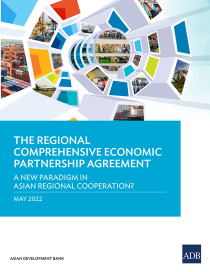
This report compares the Regional Comprehensive Economic Partnership (RCEP) with other free trade agreements and suggests how policy makers can promote its successful implementation.
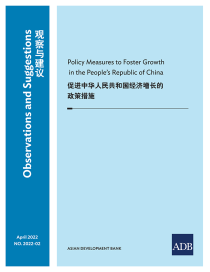
This paper discusses short-term measures and long-term policy recommendations to boost the overall economic growth in the People’s Republic of China.

This report shows why Southeast Asian countries need to prioritize core sectors ranging from tourism to digital trade as they hammer out policies to boost post-COVID-19 recovery and secure a greener future.
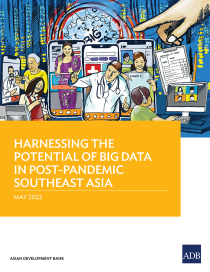
This report illustrates why Southeast Asian countries need big data for recovery from COVID-19 to radically transform the delivery of key services such as health care, social protection, and education.
The 5th Meeting of the Greater Mekong Subregion (GMS) Urban Development Working Group (UDWG) was held via web-based conferencing (Zoom) on 23 February 2022 with the Ministry of Public Works and Transport (MPWT) of the Government of Lao People's Democratic Republic (Lao PDR) as host.
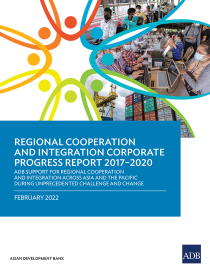
This report highlights the results of Asian Development Bank (ADB) operations to support regional cooperation and integration (RCI) completed during 2017–2020.
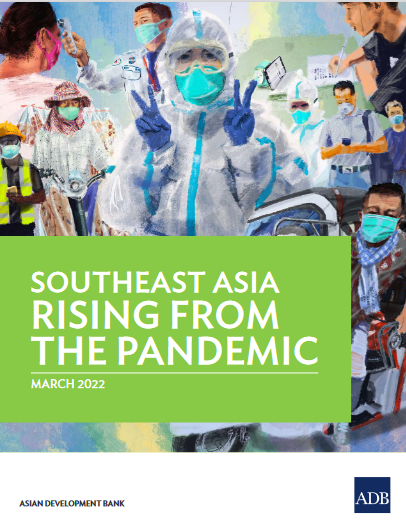
This publication offers a comprehensive regional-level analysis and gives a rundown of how eight Southeast Asian countries dealt with and are now beginning to recover from COVID-19.
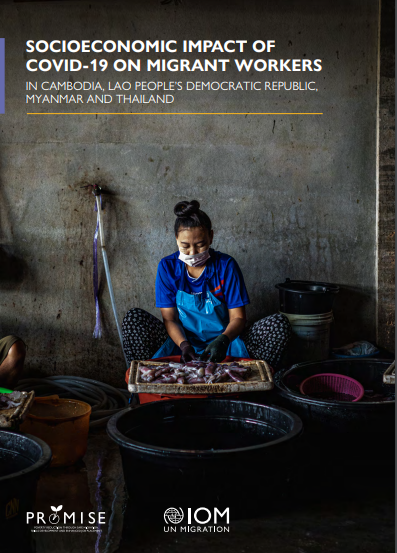
Migrant workers are essential to economic and social development across the Greater Mekong Subregion. They compensate for a growing shortage of labor and contribute substantially towards the economic well-being of many households through remittances.